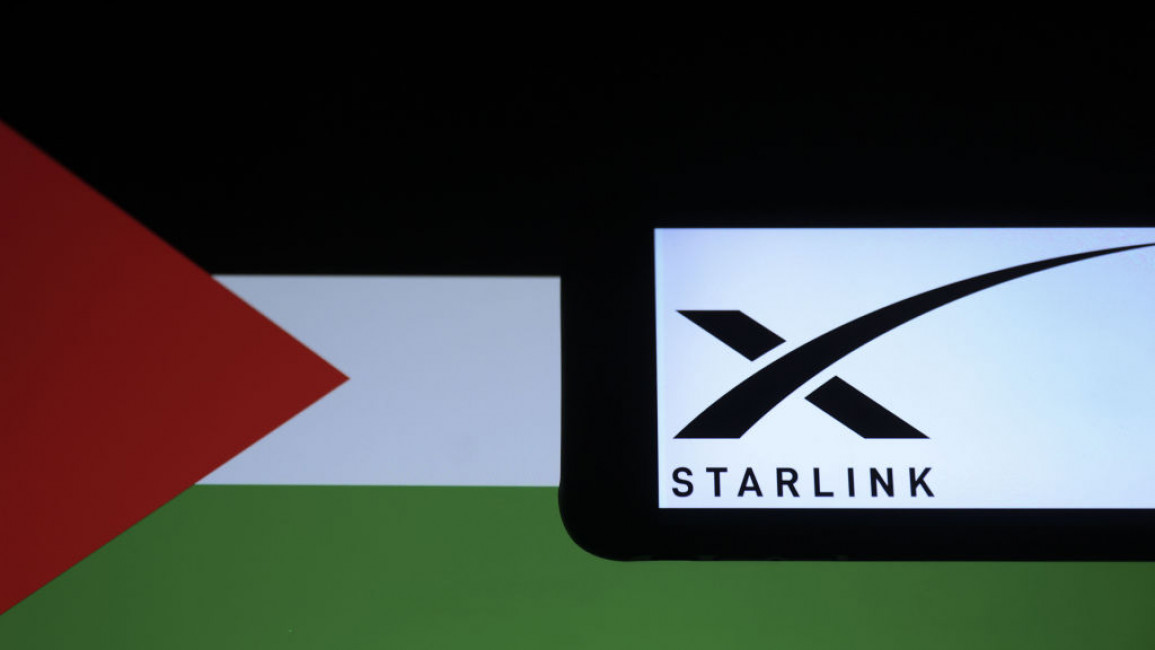Musk's Starlink satellites approved for use in Gaza hospital by Israel
The Israeli government has approved the use of Elon Musk's Starlink satellite internet services in both Israel and parts of the Gaza Strip, the communications minister announced on Wednesday.
Under the deal, Starlink will support internet access at an Emirati-run field hospital in Gaza's far-southern city Rafah, with further expansion in the besieged territory subject to Israeli approval.
Starlink's network of low Earth orbit satellites can provide internet to remote locations, or areas that have had normal communications infrastructure disabled.
"Starlink low latency high speed connections will enable video conferencing with other hospitals and real-time remote diagnostics," Israeli Minister of Communications Shlomo Karhi said in a statement on Wednesday.
Access to reliable, high-speed internet will "enable potentially life-saving medical consultations via real-time video calling," UAE Foreign Ministry spokesperson Afra Al Hameli said on social media, welcoming the deal.
Gaza's hospitals have been overwhelmed by more than four months of war, during which 68,395 people have been wounded.
Israel has also killed 28,663 Palestinians during the war and has attacked a number of hospitals, most recently the Nasser Medical Complex in Khan Younis.
The United Nations estimated last week that there are no fully functioning hospitals left in the territory, with only 13 of 36 working at some capacity.
Musk, who owns Starlink operator SpaceX, had initially proposed extending access to Gaza aid organisations in October after UN agencies and NGOs reported losing contact with their Gaza teams during a communications blackout.
Karhi objected at the time, saying Hamas militants would take advantage of the internet service.
After Musk visited Israel and toured sites of the 7 October attack, Karhi said his country had reached an in principle understanding on the use of Starlink.
"The units in the Gaza Strip for the purposes of humanitarian aid" will depend on Israeli security clearance, Karhi said on Wednesday.
Musk wrote on his social media platform X that he "greatly appreciated" Israel's move, and hoped it would help both Israelis and "innocent civilians in Gaza".
Israel has repeatedly enforced communication blackouts on Gaza during its war on the Palestinian territory, with Amnesty International documenting at least 9 since the beginning of the assault.
The rights group say communications blackouts put civilians in Gaza at further risk, hamper rescue services and the provision of humanitarian aid, as well as depriving people of access to lifesaving information.



